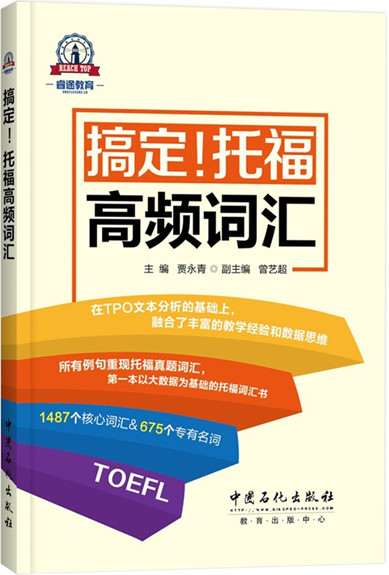Bloodhounds are biologically adapted to trailing their prey. The process by which
the nose recognizes an odor is not fully understood, but there are apparently specific
receptor sites for specific odors. In one explanation, recognition occurs when a scent
molecule fits into its corresponding receptor site, like a key into a lock, causing a
(Line5) mechanical or chemical change in the cell. Bloodhounds apparently have denser
concentrations of receptor sites tuned to human scents.
When a bloodhound trails a human being, what does it actually smell? The human
body, which consists of about 60 trillion living cells, sheds exposed skin at a rate of 50
million cells a day. So even a trail that has been dispersed by breezes may still seem
(Line10) rich to a bloodhound. The body also produces about 31 to 50 ounces of sweat a day.
Neither this fluid nor the shed skin cells have much odor by themselves, but the
bacteria working on both substances is another matter. One microbiologist estimates
the resident bacteria population of a clean square centimeter of skin on the human
shoulder at "multiples of a million." As they go about their daily business breaking
(Line15) down lipids, or fatty substances, on the skin, these bacteria release volatile
substances that usually strike the bloodhound's nose as an entire constellation of
distinctive scents.
45. What does the passage mainly discuss?
(A) Why people choose bloodhounds for
household pets
(B) How a bloodhound's sense of smell works
(C) How humans compensate for an
underdeveloped sense of smell
(D) The way in which bacteria work on skin cells
and body sweat
46. The author compares a scent molecule with a
(A) key
(B) lock
(C) cell
(D) bloodhound
47. In line 7, the word "it" refers to
(A) bloodhound
(B) human being
(C) smell
(D) body
48. According to the passage, how many cells of
skin does the human body rid itself of every day?
(A) 60 trillion
(B) 50 million
(C) 1 million
(D) Between 31 and 50
49. In line 10, the word "rich" is used to mean that a
trail is
(A) paved with precious materials
(B) a profitable business to get into
(C) a very costly undertaking
(D) filled with an abundance of clues
50. Which of the following acts as a stimulus in the
production of the human scent?
(A) Sweat
(B) Dead skin cells
(C) Bacteria
(D) Fatty substances
参考答案:BAABDC
- 11-30·2017年托福阅读模拟试题汇总
- 11-29·2017年托福阅读模拟试题:冰箱由来
- 11-28·2017年托福阅读模拟试题:水形成
- 11-28·2017年托福阅读模拟试题:篮球制作
- 11-28·2017年托福阅读模拟试题:哈德逊河学派
- 11-302017年托福阅读模拟试题汇总
- 11-242017年托福阅读模拟试题:费城
- 11-232017年托福阅读模拟试题:真菌
- 11-212017年托福阅读真题练习:北美殖民时期
- 11-092017年托福阅读真题练习:工作时间
编辑推荐
- 模拟试题
- 历年真题





